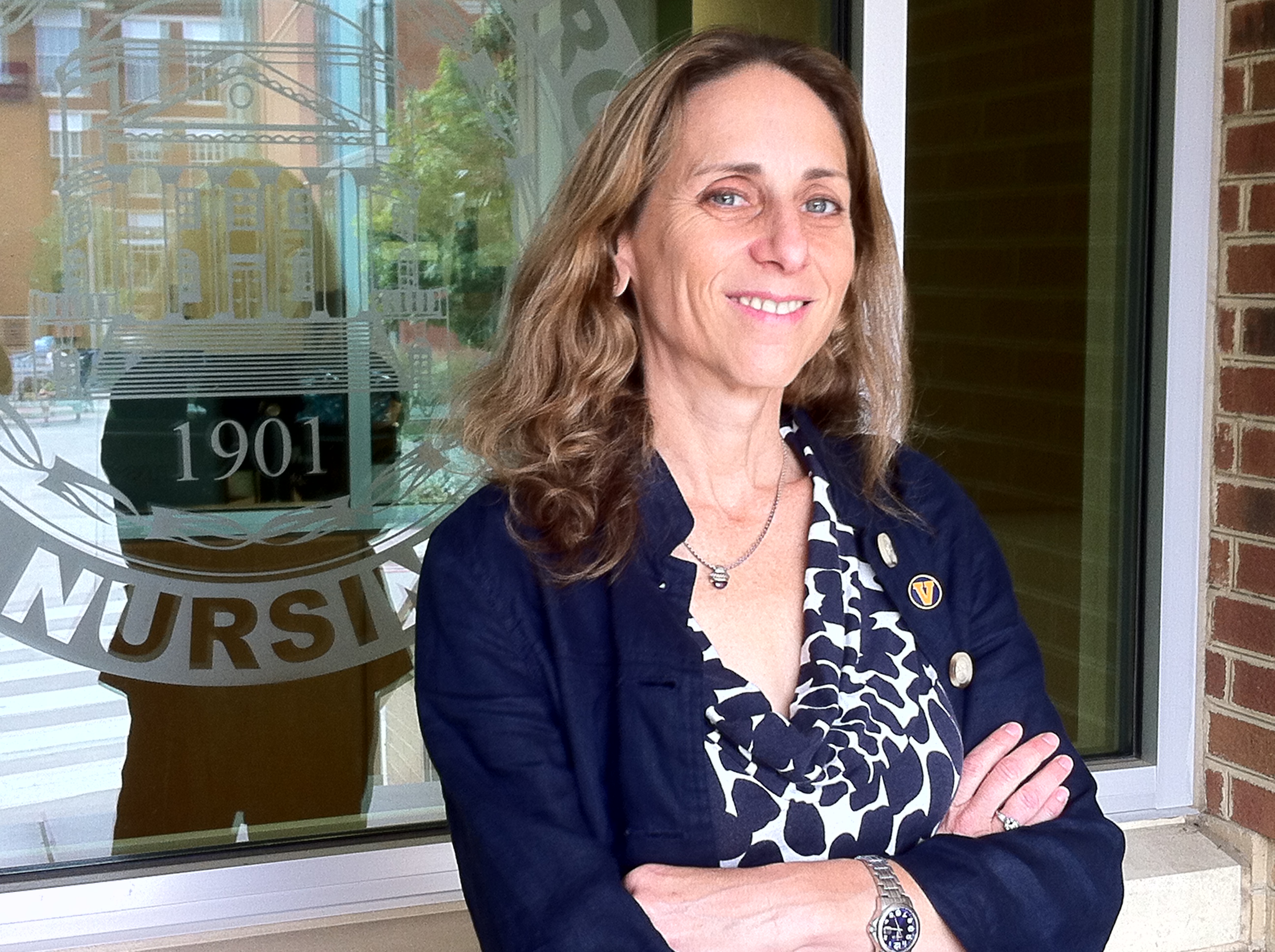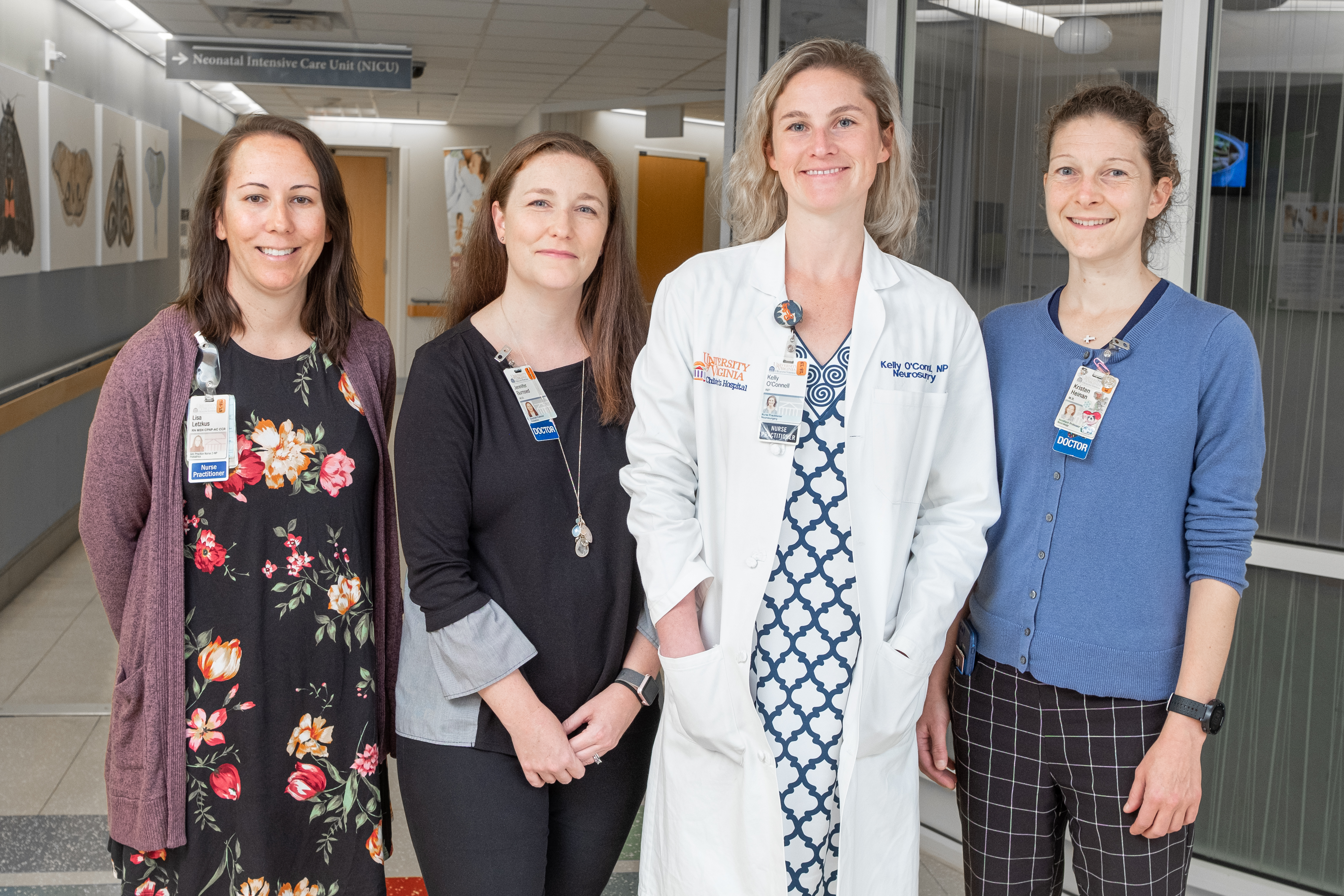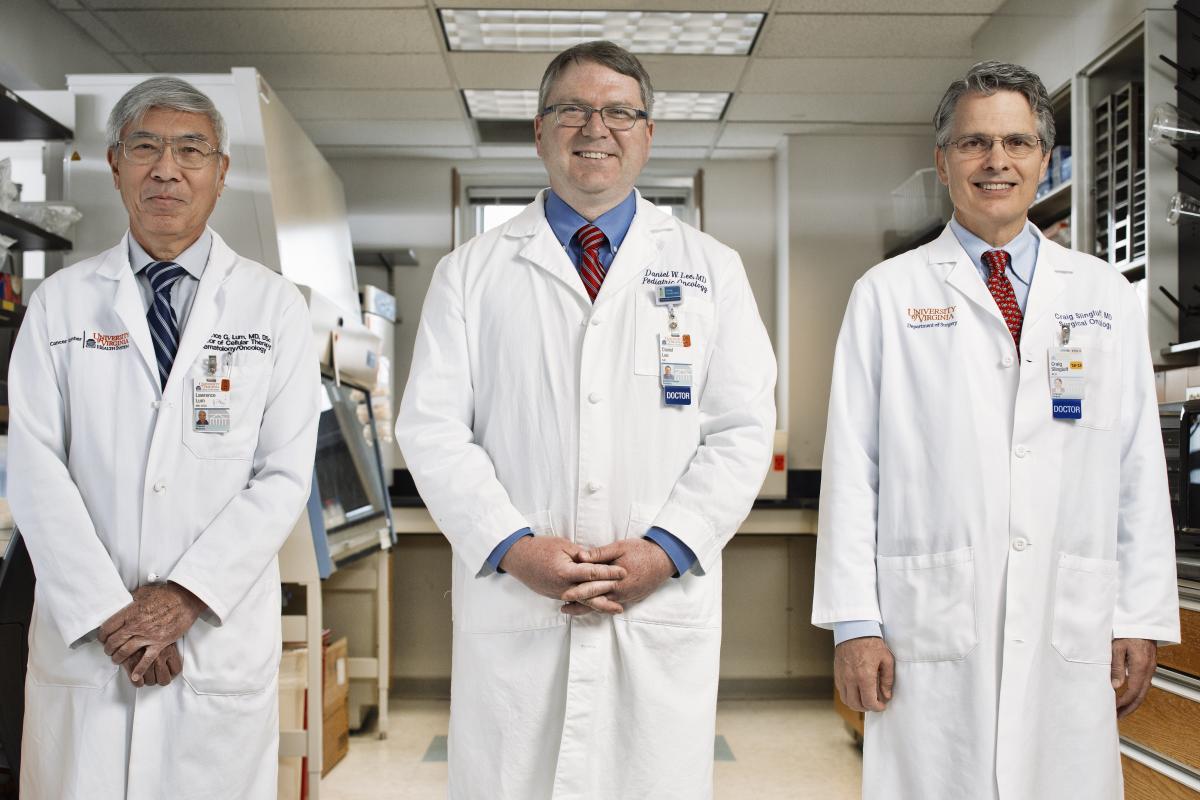From Bench to Bedside
UVA has made fundamental discoveries in cancer, cardiology, and neurology that are now the standards of care for patients. Clinical trials and programmatic support help us put our best ideas into practice, every day for every patient, when and where they need it.
REVOLUTIONARY CANCER CLINICAL TRIALS
Cancer cells often hide and remain undetected from the body’s own defenses. But an immune system that’s given new tools to fight cancer would not only fight the disease on its own, it would save the patient from some therapies’ toxic side effects.
Cancer-fighting immunotherapy offers new hope for patients battling pancreatic cancer—a disease with only an 8% survival rate. Conventional chemotherapy for metastatic pancreatic cancer is often not effective. However, immunologist Dr. Larry Lum’s successful Phase I clinical trial that directs T cells to pancreatic cancer tumors helped patients in the trial live longer. Now he hopes to create a therapy that will fight tumor growth beyond the course of treatment, all while maintaining patients’ quality of life.
In other labs, Dr. Trey Lee and his team are pioneering cellular therapies that have shown to be particularly effective for childhood cancers, while Dr. Craig Slingluff and his team are conducting clinical trials that utilize immunotherapy through vaccination to combat melanoma and other cancers. These trials are often a patient’s best hope, and many are administered on an outpatient basis.
“The best cancer institutions in the country combine excellent clinical care, clinical research, and basic science research, and they invest in the support infrastructure needed to run these programs well and treat very complicated patients,” concludes Lee. “UVA is part of that group.”

LIVING WITH DEMENTIA
In recent years, researchers have made significant progress in isolating the causes of dementia, a condition that impacts about 50 million people worldwide. Yet there’s no denying that many challenges to providing excellent patient care remain.
That’s where Dr. Carol Manning comes in. Manning, who directs the UVA Memory and Aging Care Clinic (MACC), helps her patients create roadmaps for successfully managing their conditions. What’s more, the MACC offers caregivers hands-on support at every turn.
One of the MACC’s flagship programs is Dementia Care Coordination. Launched in 2016 with grant funding, this program was quickly recognized as a model for the state and received an Aging Innovations Award by the National Association of Area Agencies on Aging.
“It’s this program that I am convinced has changed my life and given me a way to go forward,” says Mary Ann Leeper, who, two years ago, received a diagnosis of mild cognitive impairment—putting her at significant risk for dementia.
The MACC is a unique specialty clinic because UVA experts are working to help their patients in the lab and the clinic. Patients are seen by a multidisciplinary team of highly specialized providers who offer individualized care for dementia and other cognitive disorders. Meanwhile, behind the scenes, investigators work to develop novel treatments through clinical trials.

TINY PATIENTS, BIG RESILIENCE
An incredible amount of neurological development occurs in the earliest years of life. Sometimes, that development is dependent on the earliest minutes.
Fortunately no case is too small for UVA Children’s neuro-neonatal intensive care unit (neuro-NICU). The only one of its kind in Virginia, the program began in 2014 and is comprised of a core, interdisciplinary team of six specialists: Dr. Jennifer Burnsed (NICU); Dr. Kristen Heinan (neurology); Lisa Letzkus, NP (developmental); Kelly O’Connell, NP (neurosurgery); and Dr. Santina Zanelli (NICU).
“We meet weekly as a multidisciplinary group, every specialist in one room,” explains Burnsed, co-director of the neuro-NICU. “We have input from all the specialties, ensuring both comprehensive care and the continuity of care. Often we meet these families prenatally, and care for the babies throughout their neuro-NICU stay, then in the clinics throughout their childhood.”
The majority of neuro-NICU patients fall into one of two groups— those with a brain injury, and those with a neurologic anomaly or disease. Many come for UVA’s therapeutic hypothermia program. This therapy cools babies to a lower-than-normal body temperature to slow and reduce hypoxic ischemic brain injury, which occurs when the brain doesn’t receive enough oxygen or blood flow for a period of time.
“We don’t just provide acute, neurocritical care,” Burnsed says. “We also focus on providing an ideal environment for neurodevelopment, which can be difficult in the ICU. We are particularly interested in interventions that get parents involved in promoting both bonding and optimal neurodevelopment.
“The main reason we created the neuro-NICU was for clinical care, but I’m especially excited by the research and educational opportunities that have also arisen out of this collaboration.”

